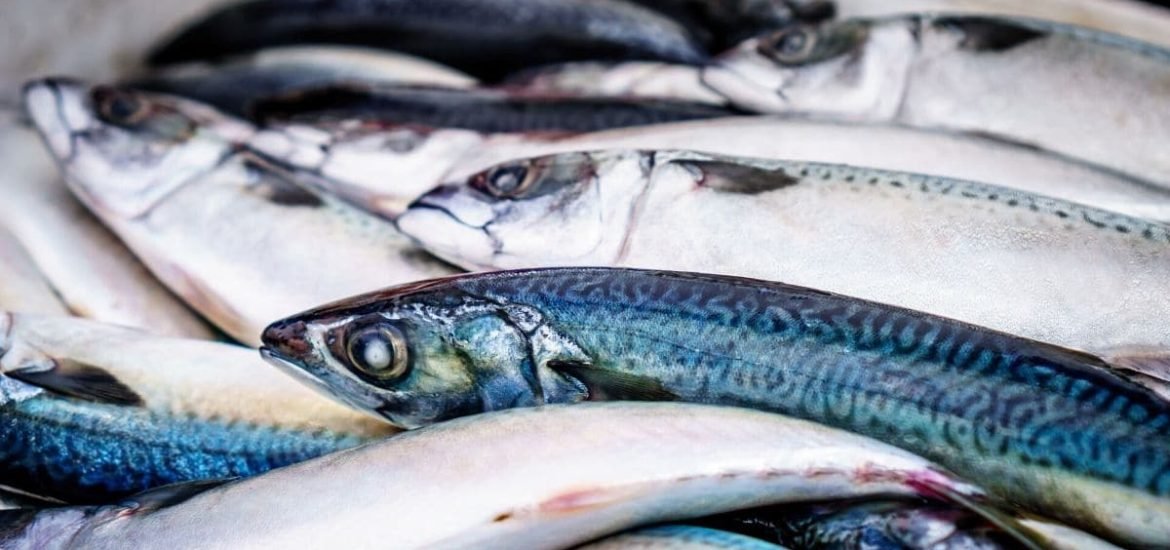
After tense all-night talks in Brussels, the council of European ministers agreed on 2020 catch limits for Europe’s most important fish stocks early on Wednesday 20 December. While ministers believe they reached a balance in respecting both the environment and socio-economic sustainability, NGOs have slammed the agreement.
The deal, which mainly focused on the Atlantic and the North Sea will ‘protect the future of the fishing industry’, said the Minister for Agriculture, Food and the Marine. But ministers seem to have ignored the science in favour of short-term profits.
Short-term economic interests versus healthy oceans
The limits pushed through by ministers from across the EU are much higher than advised by scientific experts, and have stamped out any hope of bringing unsustainable fishing practices to an end next year.
Indeed, the newly agreed limits are a clear indication that progress has stalled in the long-standing 2020 deadline for setting sustainable EU fishing quotas: From 2020, legally, all quotas should be based on the maximum sustainable yield defined as the maximum number of fish that can be caught while still allowing the species to recover.
The 2020 pledge also promised to end the ‘nightmare of discards’, the wasteful practise of discarding dead fish. European fleets would have to include their entire catch in reports, regardless of whether the fish are saleable or not.
According to scientists, key stocks including cod, seabass, hake and herring are still overfished — cod populations, in particular, are at critical levels. But it seems, even the law and the science were not enough to persuade EU ministers, who have failed to meet the legal deadline to end overfishing by 2020.
While cod restrictions were agreed upon and widely welcomed, there were large increases in EU fishing quotas for other fish species. Even so, cod will remain under heavy pressure in 2020
Rebecca Hubbard from Our Fish, an NGO focused on sustainable fishing management, criticized the EU council of fisheries ministers for displaying a ‘shocking ignorance of the global biodiversity and climate crisis’. Hubbard says Ministers have not followed the advice of scientists for setting sustainable quotas.
A missed opportunity for climate action
Environmentalists argue the EU is missing out on a ‘golden opportunity’ for decisive emergency climate action. The topic of overfishing was raised at UN climate change talks as a potential means of improving the prospects of dealing with climate change. A healthy balance of fish stocks enables the seas to hold more carbon and more absorb heat, therefore, preventing overfishing could greatly contribute to managing the climate emergency.
‘Ending overfishing would be a rapid, achievable act that would bolster the health of the ocean in the face of the climate crisis, securing futures for coastal communities, as well as being a firm response to calls from EU citizens for climate action’, said Hubbard.
Protecting fish stocks today would guard the profitability of fisheries in the future. However, it seems the typical pattern focusing on short-term interests has not changed.